Spotlight Quest, Polygon PoS Validators: Staking4All
Longtime Polygon validator Staking4All talks about the logistics of securing many chains and how to validate as a hobbyist

This is the third installment of Spotlight Quest, Polygon Validators, a new series featuring interviews with Polygon PoS validators. Learn what it takes to be a validator, deep-dive into coordination, and better get to know Polygon PoS. Then, for every interview, find the secret passphrase to unlock a mintable NFT on Galxe, with 1,000 available to mint for each spotlight.
The first two traits have already been unlocked. As you read through the interview with Staking4All, keep your eye out for a secret password that will make you eligible to mint the next trait: Fire Keeper. Then head over to the Galxe campaign and mint today!
What began as a hobby for the founders of Staking4All, a validating service founded in South Africa, has now become a participatory, multichain venture–an “extreme hobby.”
In fact, as Staking4All’s technical operations have grown, so have their commitments to securing–literally–a multichain future. As validators working across a number of networks, they’re plugged into the best practices of decentralized consensus and coordination across Web3 and the globe.
One of those networks is the Polygon PoS (Proof-of-Stake) chain.
Staking4All was one of the first validating services on the Polygon network (at the time, the Matic network), drawn to the protocol because of a core development team seen by many as outsiders in an outsider industry. As one of the only validating services in South Africa, Staking4All saw a lot to like in a scrappy Indian team building scaling technology at a time when Ethereum desperately needed it. They began validating for the network in 2018 and have only sharpened their technical expertise in the years since.
In this spotlight, we talk to the founder, Louis, about how maintaining uptime for a number of decentralized networks requires knowledge about various consensus mechanisms, what it looks like to participate in governance across a number of chains, and what they think the future holds.
What is your origin story? Why get into validating?
We started learning about crypto early on, but it was only around 2018 that we decided to begin experimenting in our spare time. In fact, we still have our day jobs in the IT industry. One thing our careers have helped us do is provide a low-cost community validating service, on principle. Even though now we could probably transition to doing this full time, it is an extreme hobby. It fits into our lives perfectly.
We first became interested in this space because we wanted to see what it would look like to actively participate in a peer-to-peer network. Right away, we understood the utility of being able to send value permisionlessly. We are among the only validating services in South Africa, where access to financial services isn’t a given and there are often huge extractive fees.
So we see in this technology the possibility of making something new. The part we play is a non-custodial delegation service that makes it easy for anyone to participate in the exciting world of PoS consensus, earn rewards, and be a part of the future of decentralized finance.
And we’ve been here awhile–we participated in the Matic testnet way back when!
What does your validator setup look like?
We have extensive experience running full nodes, validator nodes, and RPC nodes, which has given us a deep understanding of the technical requirements for successful staking. Our priorities are and always have been security and user control.
So from our perspective, from the perspective of a validator, we don’t subscribe to just one type of provider. We don’t only run AWS or Google Cloud, we have a mixture and we run with different providers, for a couple important reasons. First is that every project has different requirements. Some really do require a bare metal setup, or dedicated space for validating services, whereas with other projects, a small cloud instance is more than secure and capable enough.
But also the reason why we have diversified providers is that we don’t want all of our eggs in one basket. So we might have one provider in one continent and a backup thousands of miles away in a completely different hemisphere. Ideally we want to use different providers, across different continents, and spread out our workloads, so that if there’s downtime for one provider, the backup won’t be affected by it.
What’s behind your decision to run validating services across many different chains?
New tech is like a new toy for us. One reason we’re so excited by validating for Polygon PoS is the Polygon 2.0 vision, which will eventually see staking services that improve network security across a ton of different Polygon chains, like Polygon zkEVM.
That same curiosity and enthusiasm means that we’ve become extremely interested in learning about different tech across the entire industry. It is, as I mentioned, an extreme hobby, if you want to call it that, so when we discover a new chain that we like, we figure out what it takes to get involved. There are varying degrees of complexity and it has always been interesting for us to take it as a challenge and build something until it is the best that it can be and we can participate in chain consensus. Sometimes this means working to get elected and get votes to delegate on some chains, or to spend a year running in testnet before we were qualified to validate. But all of it is extremely exciting.
What about your level of involvement in governance across chains?
Every chain has different degrees of decentralized governance at the moment, with varying levels of complexity and commitment. For some, greater involvement is required for us to do our jobs well, while others are still getting their governance system up and in place.
Psst – you found the word to be eligible for the next trait! It’s “governance.”
For Polygon PoS, for instance, we attend the core governance calls and leave our thoughts on new proposals. Our involvement with the governance side of things is also an involvement on a technical level, so that’s why we’re extremely interested. But with other chains in the past, like Kusama, we were on the council for a year and a half, helping secure and guide decisionmaking on the network.
What we’re seeing is that as time goes on, more and more people are getting involved in making governance decisions on these chains, whether that’s with on-chain actions or through off-chain input.
So yes, we are involved in governance across chains, and as the Polygon ecosystem becomes a unified, multichain ecosystem, we’ll be excited to continue to be deeply involved in governance across the entire ecosystem.
Tune into the blog and our social channels to keep up with updates about the Polygon ecosystem.
Together, we can build an equitable future for all through the mass adoption of Web3!
Website | Twitter | Developer Twitter | Forum | Telegram | Reddit | Discord | Instagram | Facebook | LinkedIn



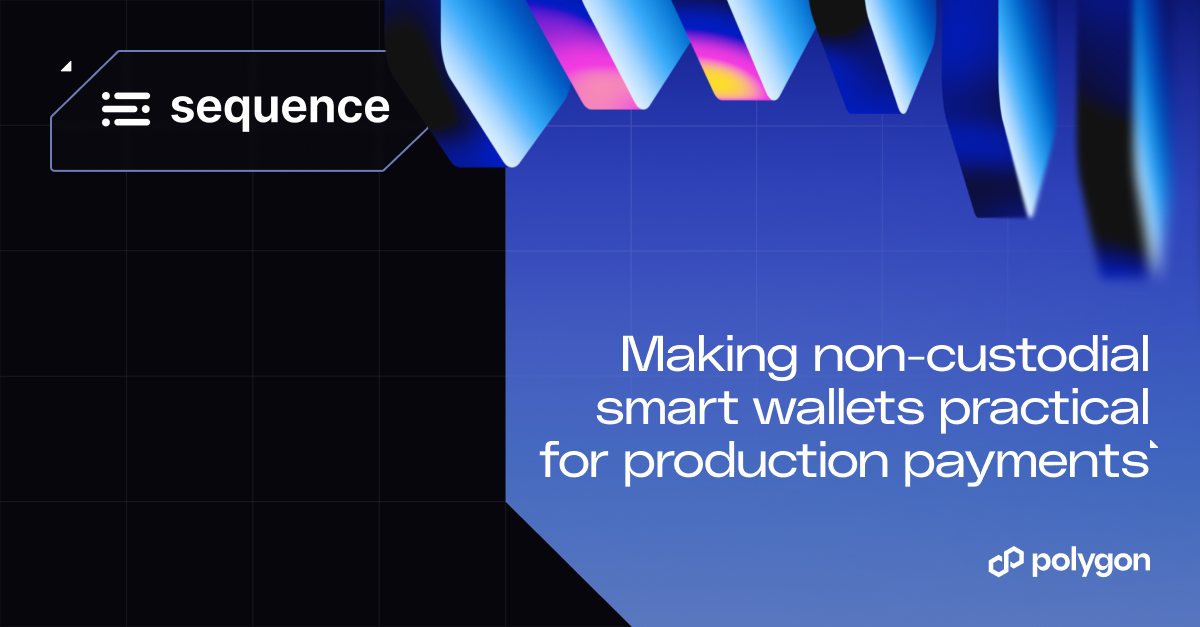


.jpg)
.jpg)
.png)

.png)

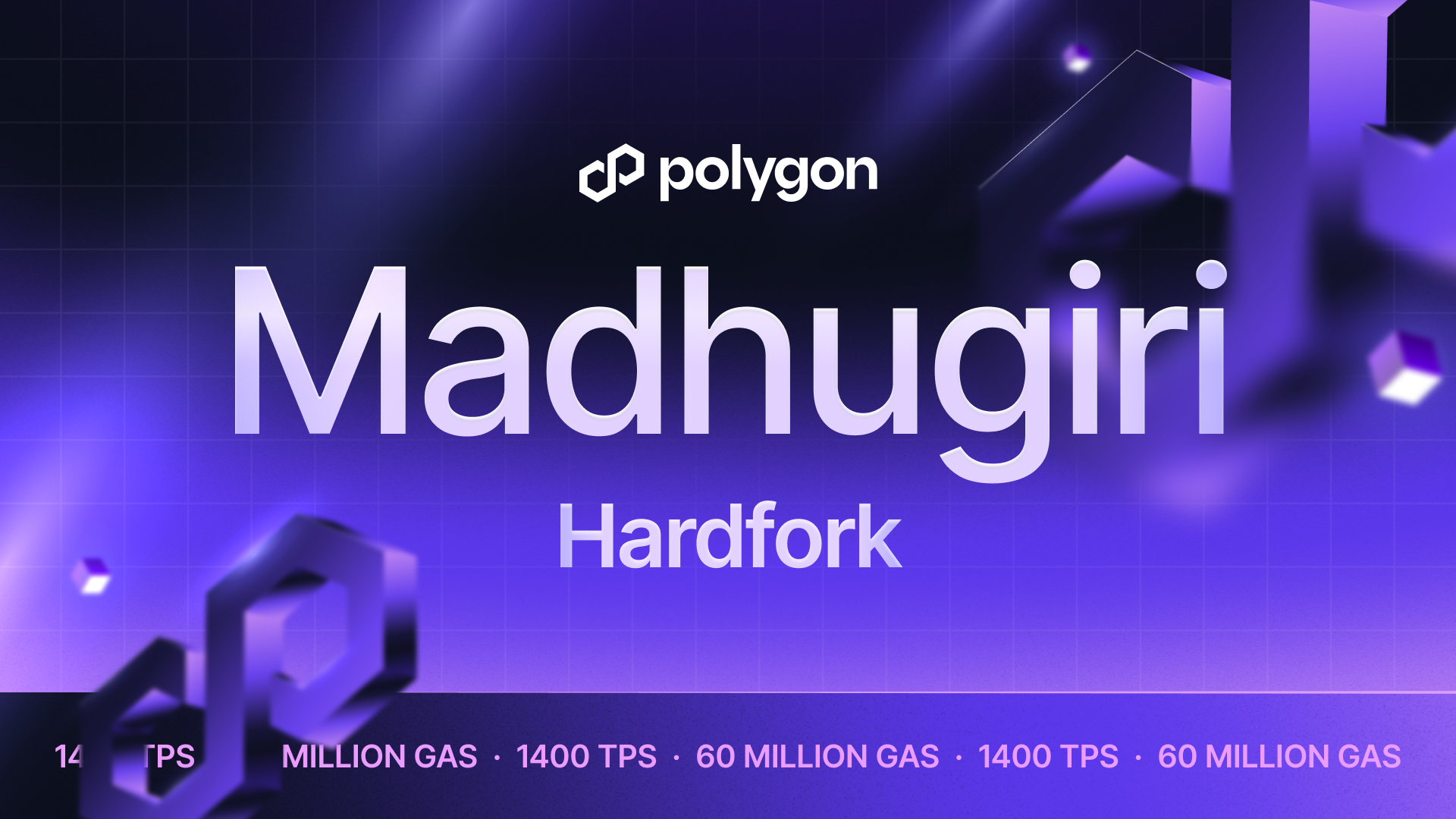
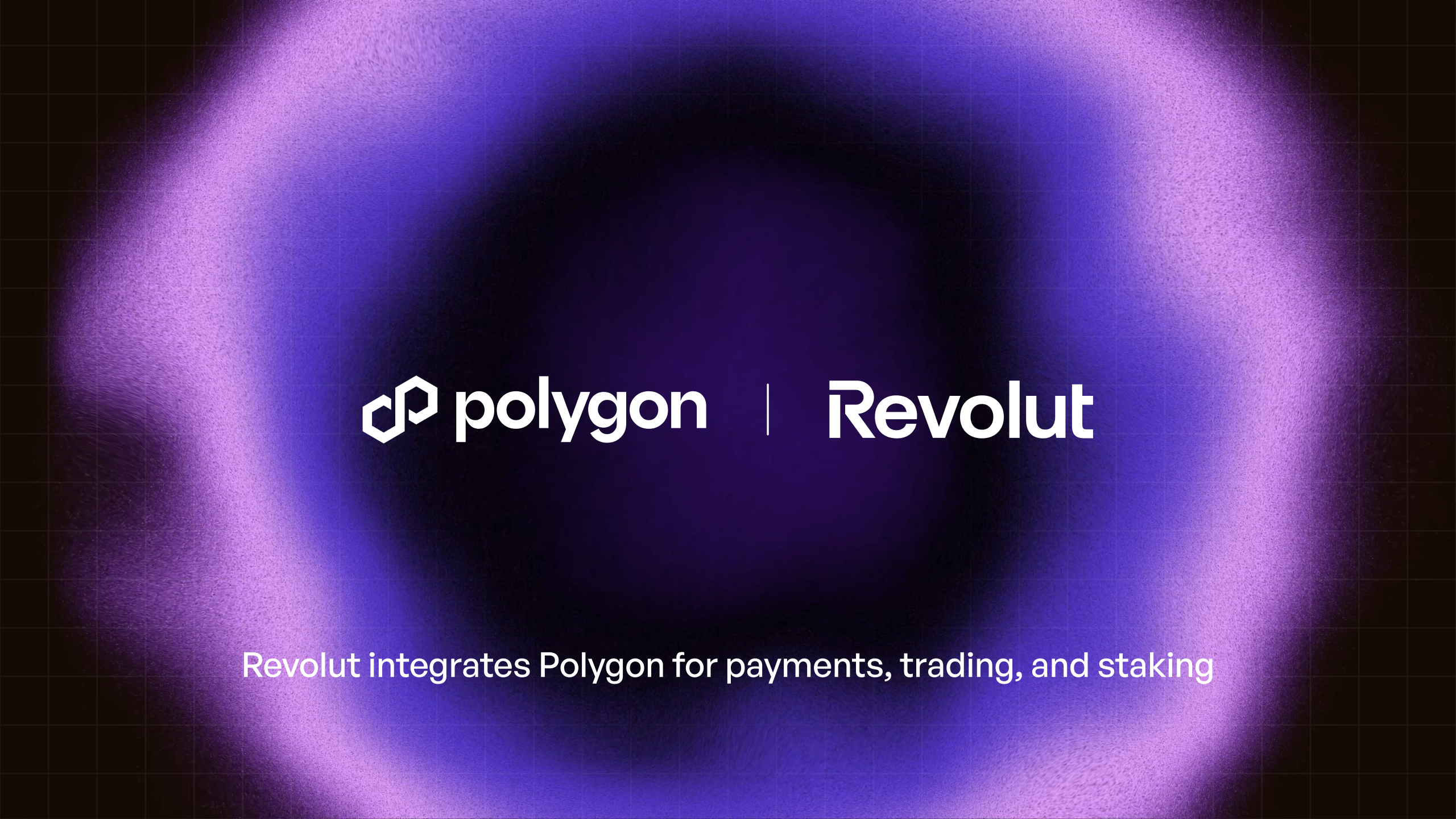
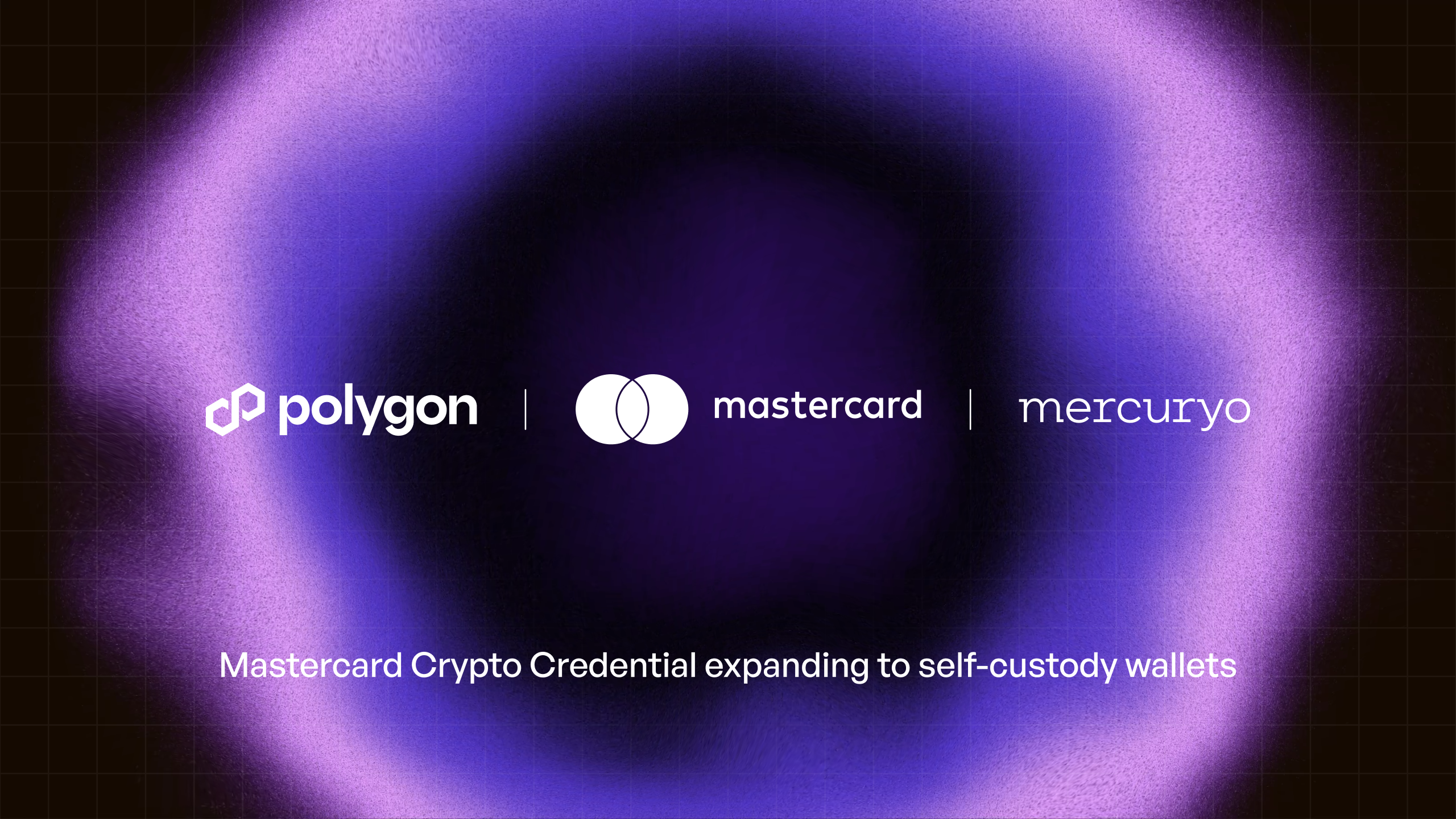
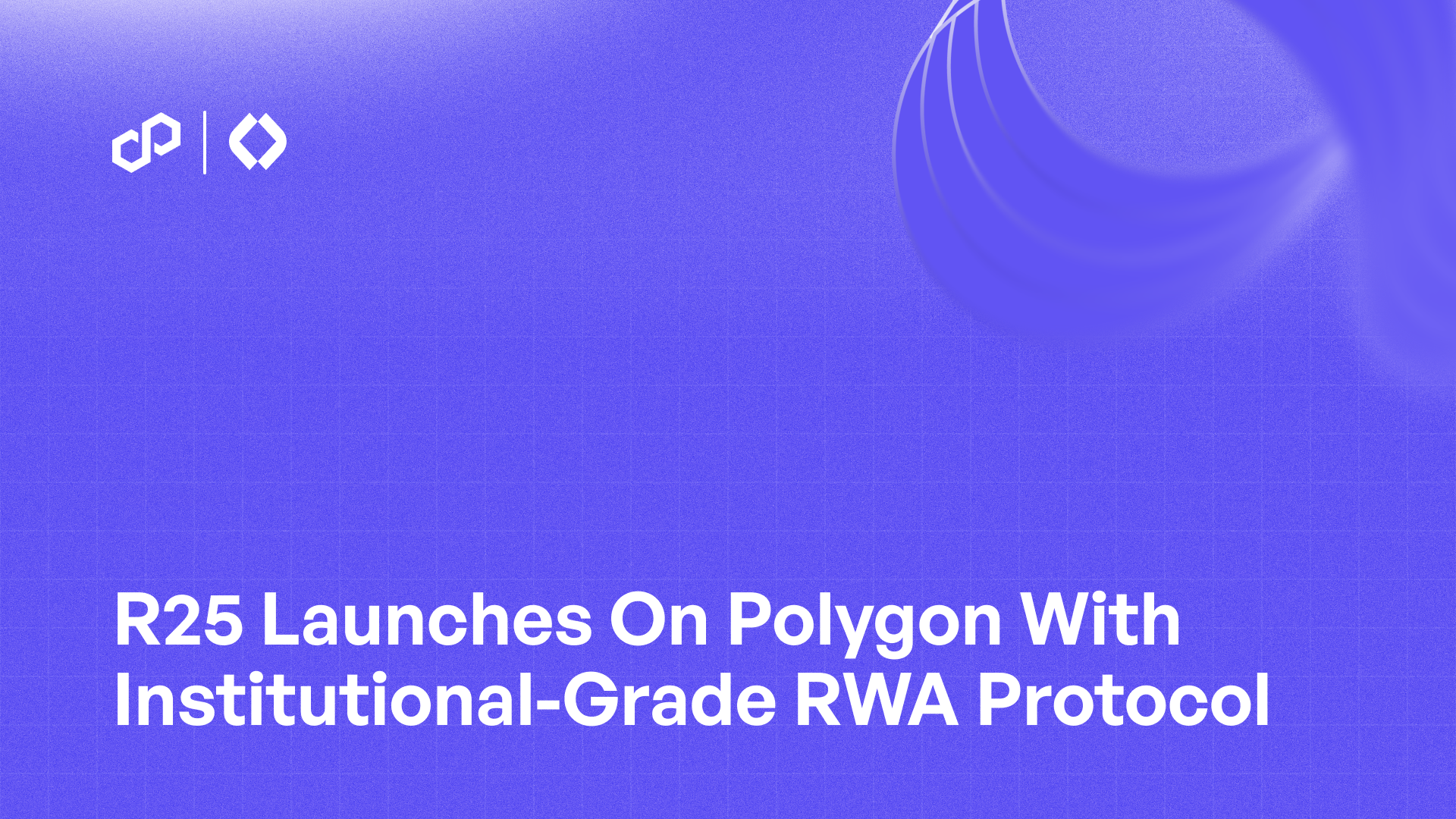
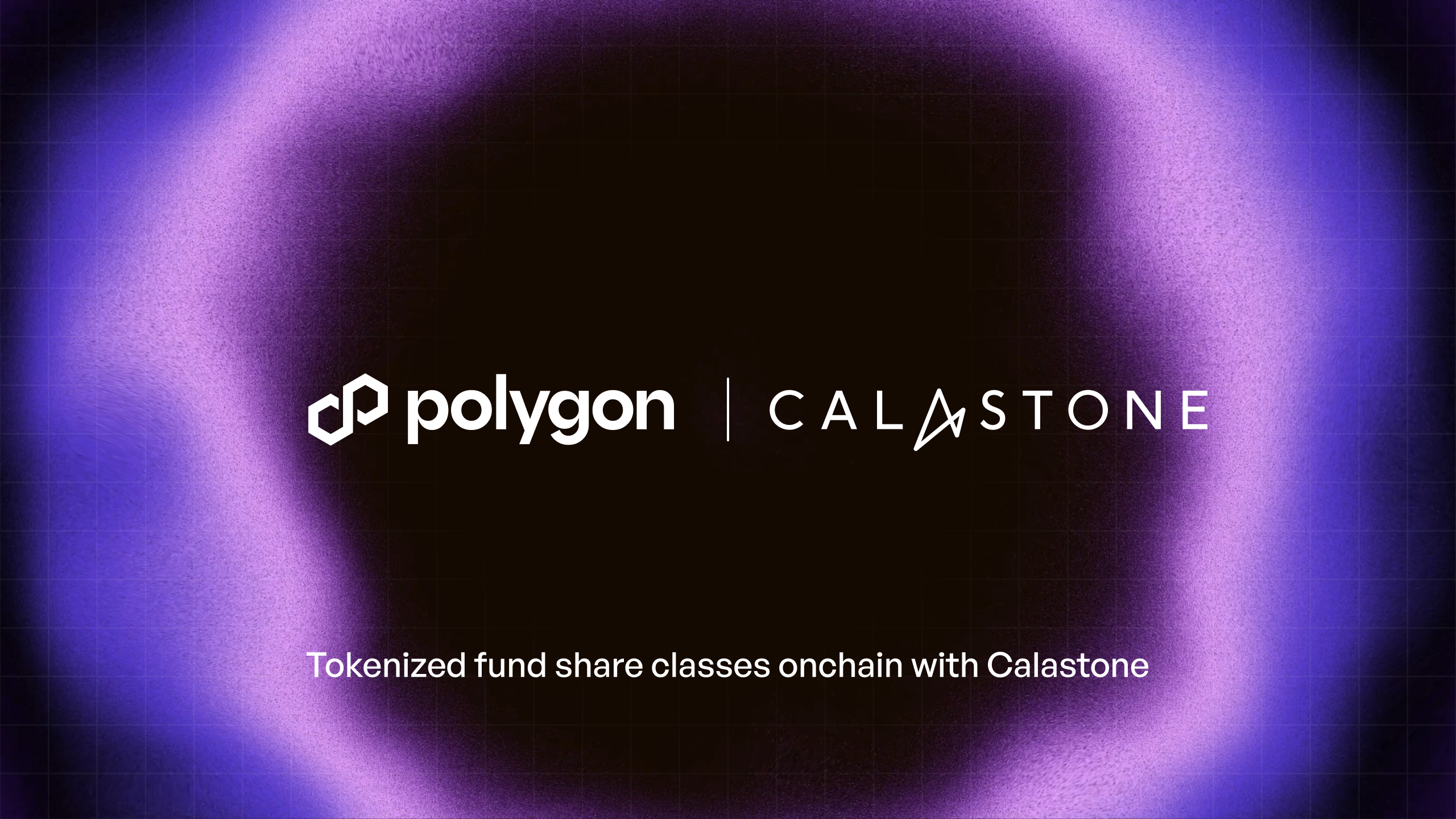
%20(1).png)